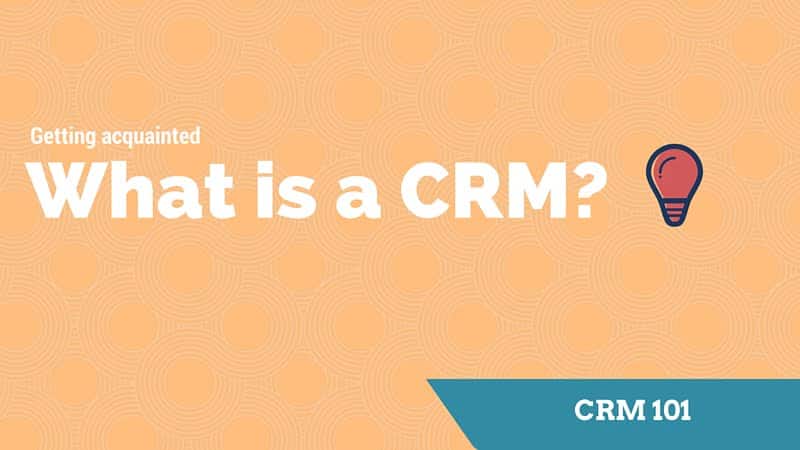Are you up to your ears in Excel sheets and emails to track communication between your prospects, customers, and internal team? If you’re a small company, it’s probably a serviceable model (if it’s not broken etc. etc.), but as your business expands, it becomes increasingly risky to try and manually account for the sheer amount of information that passes through your operations on any given day.
CRM = Customer Relationship Management
A CRM is a cloud-based system that enables you to track your leads, business history, and sales opportunities; think of it as a living archive and all-around office manager all in one. When implemented and used properly, a CRM system will:
- Manage your relationships with your leads and customers
- Help you to share information with your teams
- Foster collaboration with colleagues and customers: create schedules, emails, and track phone logs and conversations so that everyone is on the same page (if a dispute arises with a customer, for example, you have a record to refer to).
A CRM is only as effective as its data–so long as communication (email, transaction receipts, etc.) is thoroughly logged, the system is an indispensible part of your company’s daily operations.
Today, some CRM systems are only specialized for products and services, some do not have accounting or inventory.
